Social media has profoundly transformed the political landscape in Nigeria, offering both opportunities and challenges for political parties. Platforms like Twitter, Facebook, and Instagram have become essential tools for political communication, campaign strategies, and voter engagement.
In recent years, Nigerian political parties have increasingly utilized social media to disseminate campaign messages, mobilize supporters, and engage with the electorate. During the 2023 general elections, for instance, candidates and their teams leveraged these platforms to share manifestos, counter misinformation, and interact directly with voters. The “Obidient” movement supporting Peter Obi exemplified this trend by using Twitter Spaces and Instagram Live sessions to discuss policies and galvanize grassroots support. (excellentprojectz.com.ng)
However, the integration of social media into Nigerian politics has also introduced significant challenges. The proliferation of misinformation and disinformation has become a pressing concern. Unverified information and doctored images circulated on social media platforms have created confusion and undermined public trust in the electoral process. The lack of effective regulatory mechanisms has allowed harmful content to spread unchecked, highlighting the need for comprehensive strategies to combat the spread of false information. (enemsproject.wordpress.com)
The weaponization of social media for political gain is another critical issue. Political actors and their supporters have been accused of using these platforms to manipulate public opinion, incite violence, and spread divisive content. Trolls and bots are often employed to amplify certain narratives, creating an illusion of widespread support or opposition. This manipulation can erode trust in democratic institutions and foster a polarized electorate. (insightspice.com)
Despite these challenges, social media has played a pivotal role in enhancing political awareness and participation among Nigerian youth. Platforms like Twitter and Facebook have made it easier for citizens to organize protests, share information about social issues, and engage in political discourse. The #EndSARS movement, which began on Twitter, is a prime example of how social media can mobilize grassroots movements and bring attention to critical issues. (en.wikipedia.org)
In conclusion, social media has become an integral component of Nigeria’s political ecosystem, offering new avenues for communication and engagement. While it presents opportunities for political mobilization and public discourse, it also poses challenges related to misinformation, manipulation, and polarization. Addressing these challenges requires a concerted effort from political parties, government institutions, and civil society to promote responsible use of social media and safeguard the integrity of the democratic process.






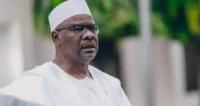
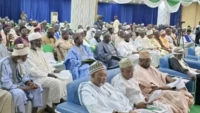
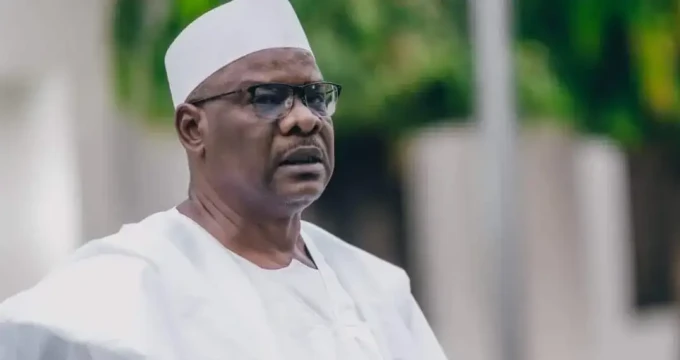
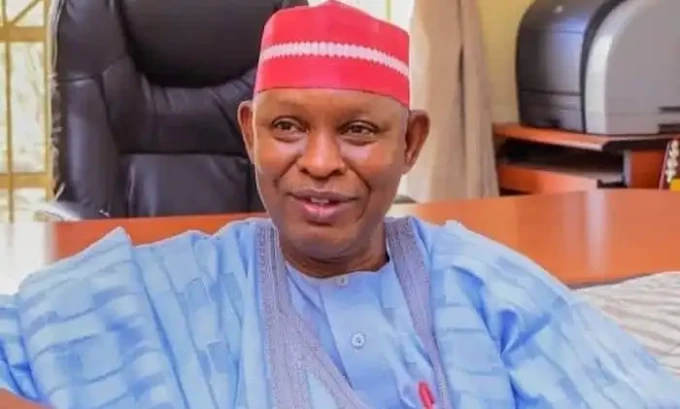
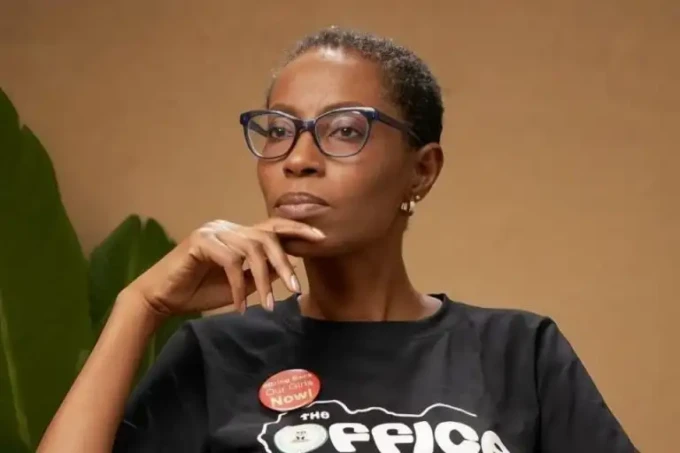
Leave a comment